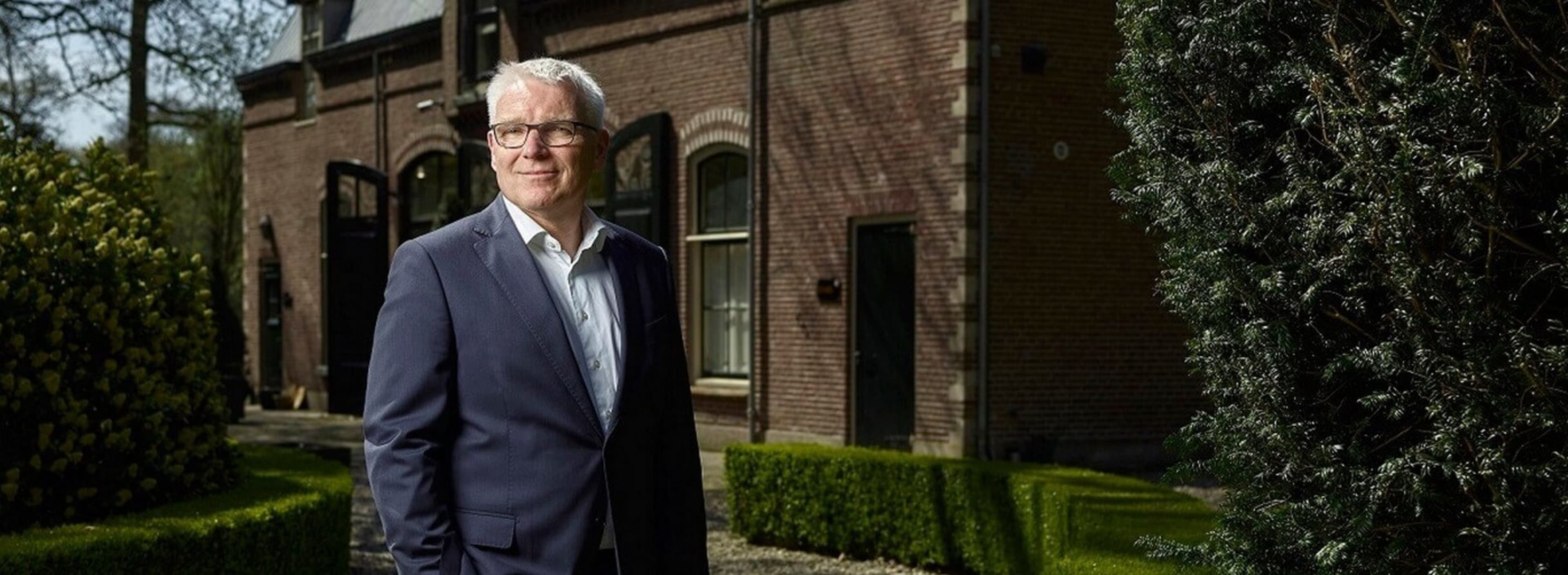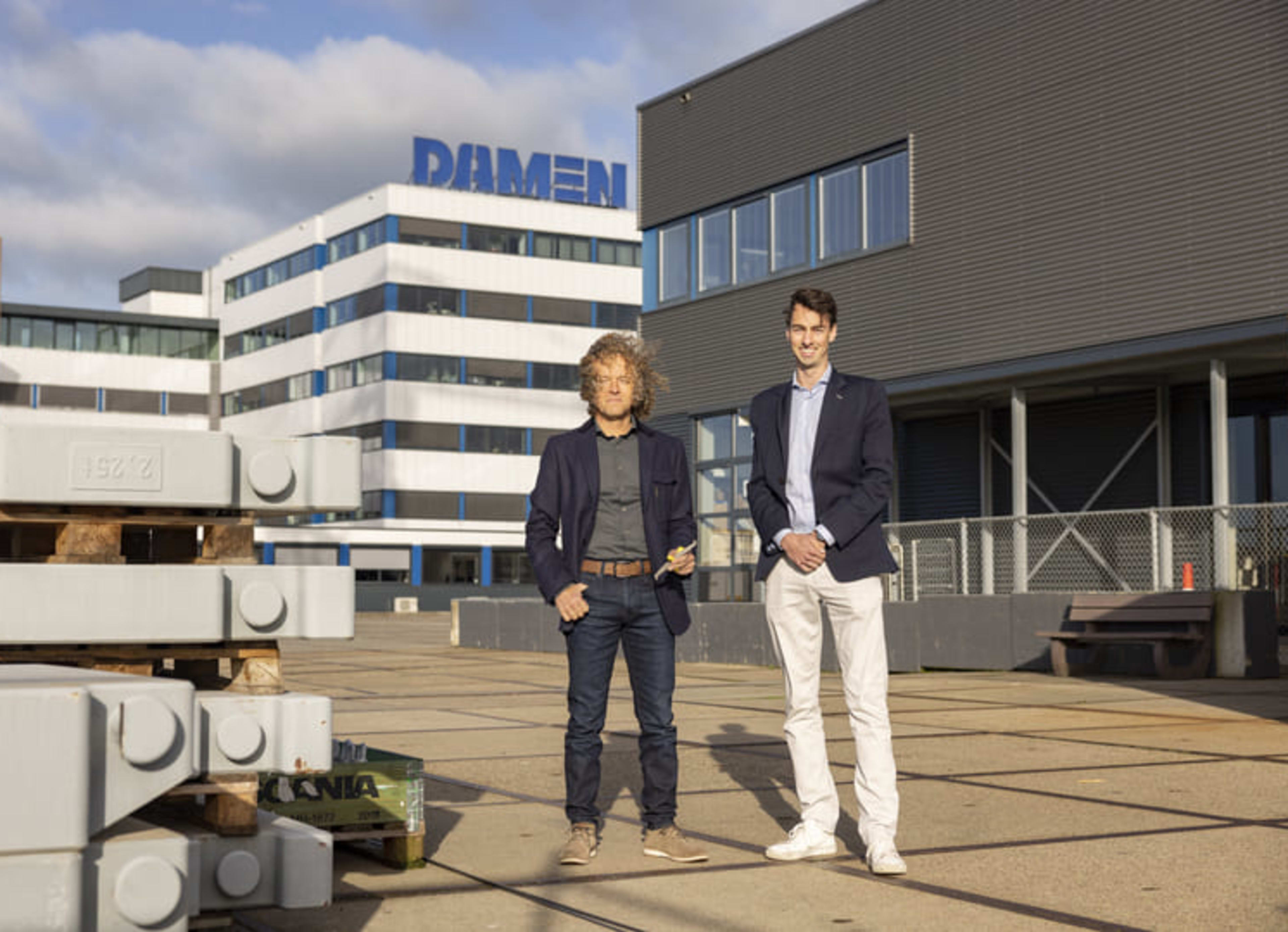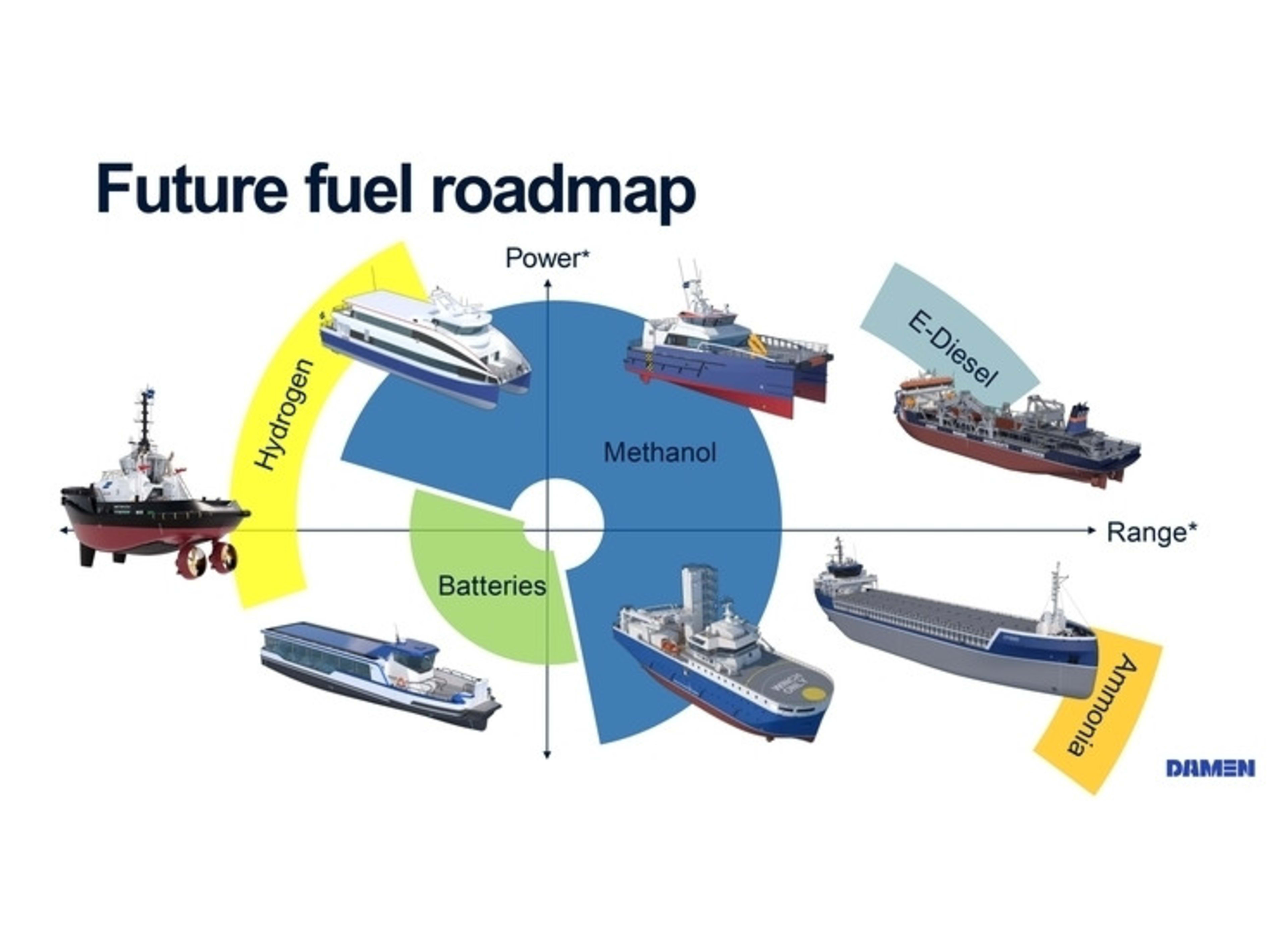Family Business
Damen is proud of its values as a family company, amongst which its long-term vision. This is based on commitment to the next generation; securing success and developing sustainable solutions. Damen places importance on stimulating innovation, quality, opportunity and enjoyment for employees. Are these values aspects of Damen culture or of family business generally? Damen speaks to Albert Jan Thomassen, executive director of Family Business Network Netherlands (FBNed).
Network of inspiration
Family Businesses play an important role in the Dutch economy, making up around 71% of total operations, responsible for just under half of all employment and around 30% GDP.
Representing interests of family businesses in the Netherlands is FBNed. Membership accounts for 58 billion euro annual turnover and employment of more than 235,000 people worldwide.
Kommer Damen was a founder member of the Dutch chapter of the international Family Business Network, which has sister organisations operating in 34 countries. FBNed provides an inspirational network for family businesses and opportunities to meet, to learn, to exchange information and stimulate development.
FBNed lobbies – in the Hague and in Brussels – protecting the interests and environment in which family companies operate.
Proudly sustainable
Albert Jan explains, “Family businesses are usually very proud, but also very modest. They are not always good at promoting themselves. Consequently, those in authority have a tendency, when thinking about business, to think of large corporates or, when thinking of innovation, of start-ups. It’s important to highlight the benefits family businesses bring to society.
“Family businesses are looking to protect business for the next generation. This means securing work for their employees. Family businesses in this respect are very responsible; more sustainable.”
“Family businesses want to make sufficient, not maximum, profit – continuity is more important.”
Growing relevance
“Because of such values, family ownership will become more important in future. Certainly, in Europe we see movement towards responsible stakeholder capitalism, where assets are not viewed as disposable, but as something to see us into the future.
“Typically, family businesses pay out less in dividends than a public company. This means family businesses have more investment power, which in turn drives innovation.”
Innovation is important to a family business. It helps secure the future and guards against challenges faced in a family business culture.
Increasing pace of transformation
“Sometimes you see inertia,” says Albert Jan. “There can be a sense of ‘we know what is good’, based on earlier successes.
“Family businesses want to make sufficient profit, not maximum profit – continuity is more important than profits. That is why sustainability is often a natural ingredient of the company’s DNA.”
“Today, the pace has increased with technical and digital development. Families as a system benefit from safety – not too much turmoil. Nowadays, if you want to thrive you have to cope with turmoil. The pace of change a family is used to and the pace in business move further apart. Where you might once have expected a strategic change every generation, there are now several changes.”
One factor helping family businesses to orient themselves in a changing world is modern employment culture.
“In terms of employment, some family businesses expect a lot of loyalty – even that people will stay for life. This is at odds with modern employment culture. We see expectations changing in some families as realisation of this becomes more widely understood.”
Here too though lies challenge – the typical family business is not necessarily the best at promoting itself on the labour market.
“Family businesses suffer from a lack of visibility in terms of attracting employees. It’s the tendency towards modesty. This can result in losing out on top talent who go the way of large corporates that shout loudest.”
From success to succession
One of the biggest challenges facing any family business is succession. This is a particularly pertinent subject at Damen this year, with Arnout Damen taking on the role of CEO in January – just as the company was undergoing a large-scale restructure.
“When I read in the news about Arnout’s succession I was particularly impressed by the fact that he was prepared to adjust, to prepare for the future. Part of that will be about building his own team, a team that works for him. This is more important now than in previous generations.
“In the previous generation, the head of the company was simply the boss. But nowadays the family CEO has to discuss things and align with his fellow directors, with his siblings and with stakeholders. Society is more used to collaboration and dialogue, family businesses will adapt to that.”
Albert Jan Thomassen
Executive director of FBNed
Albert Jan Thomassen was founding president of the Family Business Network International and the International Family Enterprise Research Academy (IFERA). He is a fellow of IFERA and the Family Firm Institute (FFI). He is member of the management committee of European Family Businesses in Brussels and the Polaris Committee of FBN International.



